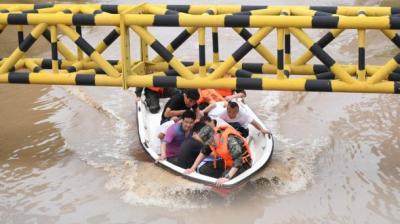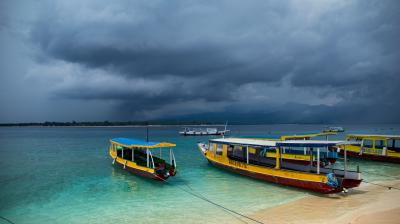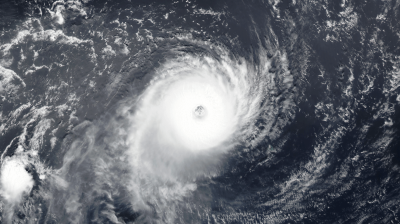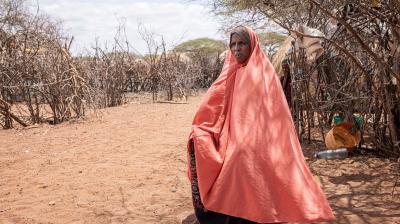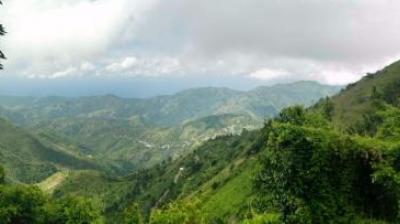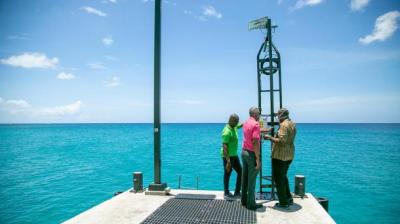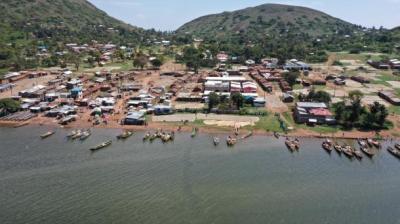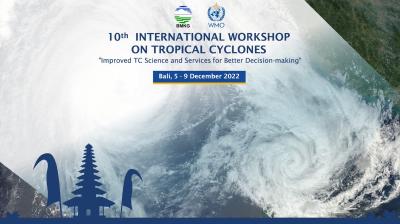ICT infrastructure is vital for sustainable development
Information and Communications Technology (ICT) is critical to managing the complex, dynamic operations that evolve in disaster environments, WMO Assistant Secretary-General Wenjian Zhang told the World Summit on the Information Society (WSIS) Forum.
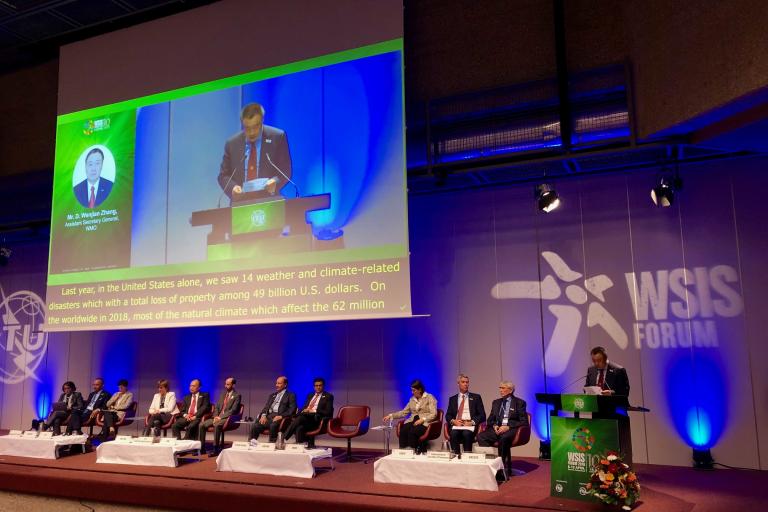
Information and Communications Technology (ICT) is critical to managing the complex, dynamic operations that evolve in disaster environments, WMO Assistant Secretary-General Wenjian Zhang told the World Summit on the Information Society (WSIS) Forum.
The WSIS Forum, convened by the International Telecommunication Union and now in its tenth year, was devoted to the theme “Information and Communication Technologies for achieving the Sustainable Development Goals.”
“In 2005, the impact of Hurricane Katrina destroyed the communications infrastructure within the New Orleans region, leaving emergency response personnel and the public with little capacity to exchange information vital for coordinating response actions. And more recently, Tropical Cyclone Idai, in addition to causing devastating floods and tragic loss of life in Mozambique, Zimbabwe and Malawi, brought serious damages to the ICT infrastructures in these countries, posing further challenges to disaster relief operations,” Mr Zhang told the high-level segment of the WSIS Forum.
In this regard, WMO Members’ weather forecasting and climate services will help make ICT infrastructure more resilient to extreme weather and climate events. In turn, resilient ICT infrastructure can contribute significantly to disaster mitigation and humanitarian actions and support sustainable development, he said.
The birth of the International Meteorological Organization (IMO) in 1873, the predecessor of WMO, was actually due to the invention of telegraph in 1836. The backbone programme of WMO, the World Weather Watch was launched in 1963 with three key components: the Global Observing System, the Global Telecommunication System and the Global Data Processing System, all of which rely heavily on ICT.
To respond to sustainable development challenges, WMO has been working on many projects which heavily rely on ICT. For example, the WMO Multi-Hazard Early Warning System uses sophisticated computer model numerical weather prediction products. WMO is working with ITU on improving access and delivery of weather information, using modern smart technology.
The World Summit of Information Society (WSIS) provides an excellent opportunity for the Stakeholders at the annual forums to meet, discuss and learn from each other how to make best use of ICT in the many development areas, said Mr Zhang.


